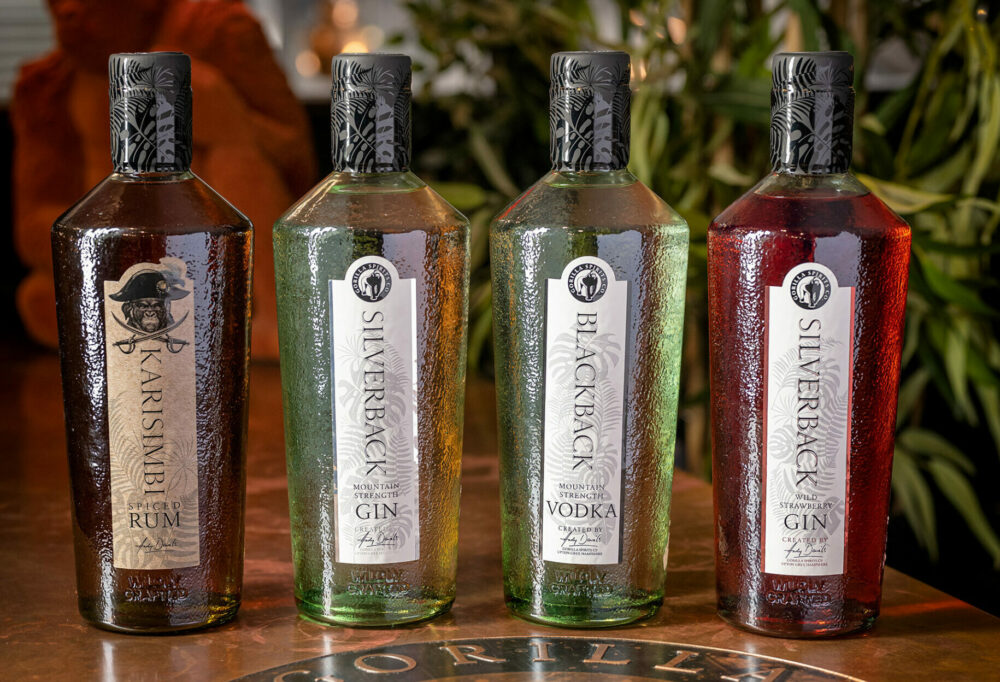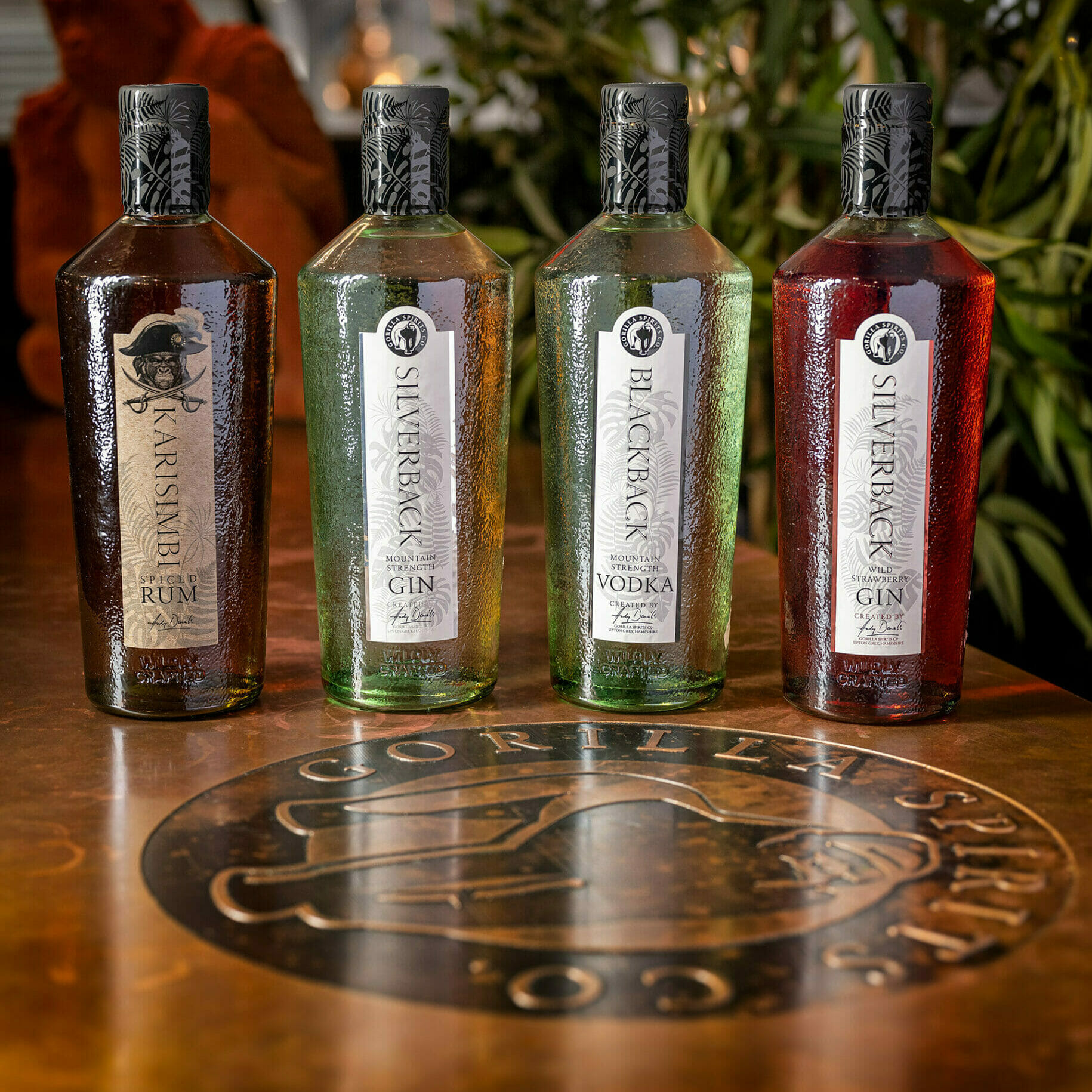A closer look at our recycled glass bottles
Posted by Jemima Clifton on February

Last year we celebrated Earth Day in April with the announcement that we were moving our award-winning range of spirits to bottles made from 100% post-consumer recycled glass, and later that year we were delighted to be shortlisted for the Packaging Europe Sustainability Awards in the Best Practice Category. We are often asked why we chose to make this move and what kind of impact it has, so we thought we’d go into a bit more detail on this latest project.
Why have you chosen to move to recycled glass bottles?
Glass production is a fairly resource intensive process, and as more and more spirits brands join the market, so the need for glass increases. Fortunately, glass is 100% recyclable and can be infinitely recycled without impacting quality, making it the perfect circular economy material. Recycled glass boasts a myriad of benefits; less energy is required to melt glass than to convert raw material into glass, CO2 emissions are lowered due to lower fuel consumption and extraction of virgin materials is reduced.
What is post-consumer recycled glass?
Bottles used by most brands can contain a small percentage of recycled glass, but this usually comes from waste produced in the large-scale manufacturing process itself. In comparison, all the glass that goes into our new bottles is made from the glass that all of us have put into our recycling bins.
Is there anything else you are doing to make your bottles more sustainable?
Environmental impact goes beyond just the type of materials used for our bottles – they are also 40% lighter than most spirits bottles in use today so requires significantly less raw material and less energy in the production process. We estimate that we will be using around 20 tonnes less glass in the coming year than last, and by reducing the weight of each case by 2.1Kg we will reduce the amount of fuel needed and CO2 emissions generated to transport it.
True sustainability means considering every aspect of the supply chain and efficiency is a key factor that is often overlooked. In glass manufacture it is common for a percentage of the finished product to be rejected due to cosmetic defects, most being quite minor. Instead of rejecting bottles with minor cosmetic defaults, we accept all minor imperfections and celebrate them as a hallmark of sustainability. The bottles are embossed with the phrase “wildly crafted” to encapsulate our sustainability ethos. By not rejecting these bottles we are able to significantly reduce manufacturing waste, which makes the whole process more energy efficient.


